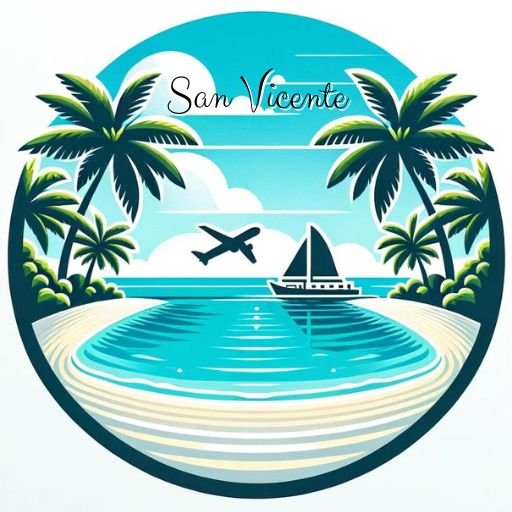
Barangay Binga is a unique and culturally significant locality situated in San Vicente, Palawan. The history of Binga dates back to the time when the Tagbanua Tribe, the original inhabitants of the area, resided there. Initially known as San Miguel, the people of Binga decided to change its name through a petition to the authorities.
Interestingly, the name change was inspired by a fortuitous event. As the Tagbanua were preparing to submit their petition, a tropical storm swept through the region. After the storm passed, the natives discovered an abundance of large and precious shells strewn across the shore. These shells were unlike any they had seen before, and they were deemed to be truly unique. A resident who hailed from Calamian Island mentioned that such shells were called “binga.” Consequently, the community decided to adopt this name and officially changed the name from San Miguel to Binga.
The growth and development of Binga primarily began in two sitios, namely Sitio Cauban in the north and Sitio Boding in the south. However, over time, the focus of barangay affairs gradually shifted towards the barangay proper, where the majority of activities and initiatives were concentrated.
Binga’s recognition as a regular barrio of Taytay, Palawan, took place in the early 1920s, specifically in 1920. This marked an important milestone in the history of Binga, solidifying its status as an integral part of the larger community.
In terms of education, Binga established its first public elementary school in 1921. The school was constructed to cater to the educational needs of the local population. Antonio Navales, a teacher who was born in Cagayan, assumed the role of the first teacher in the school. He dedicated two years of service to the students of Binga, laying the foundation for education in the barangay.
Today, Binga stands as a testament to the rich cultural heritage and resilience of its Tagbanua inhabitants. It is a place where the significance of its name echoes through time, reminding the community of its unique connection to the land and its natural wonders. The continued growth and development of Binga showcase the enduring spirit of its people and their commitment to preserving their cultural roots while embracing progress.

